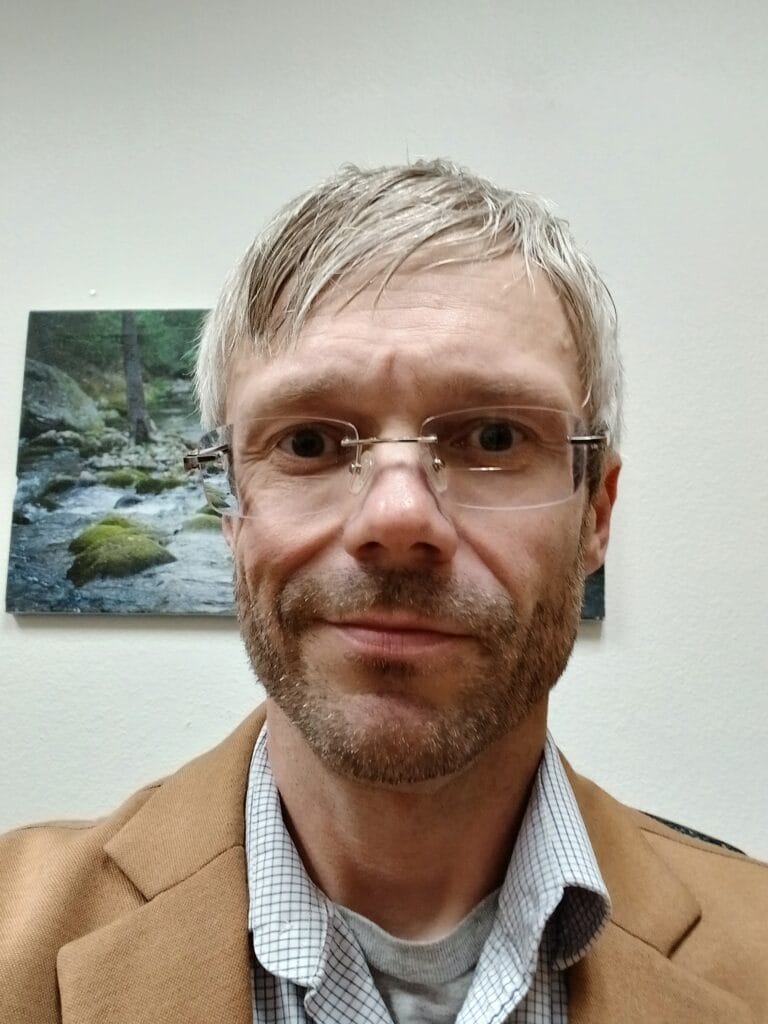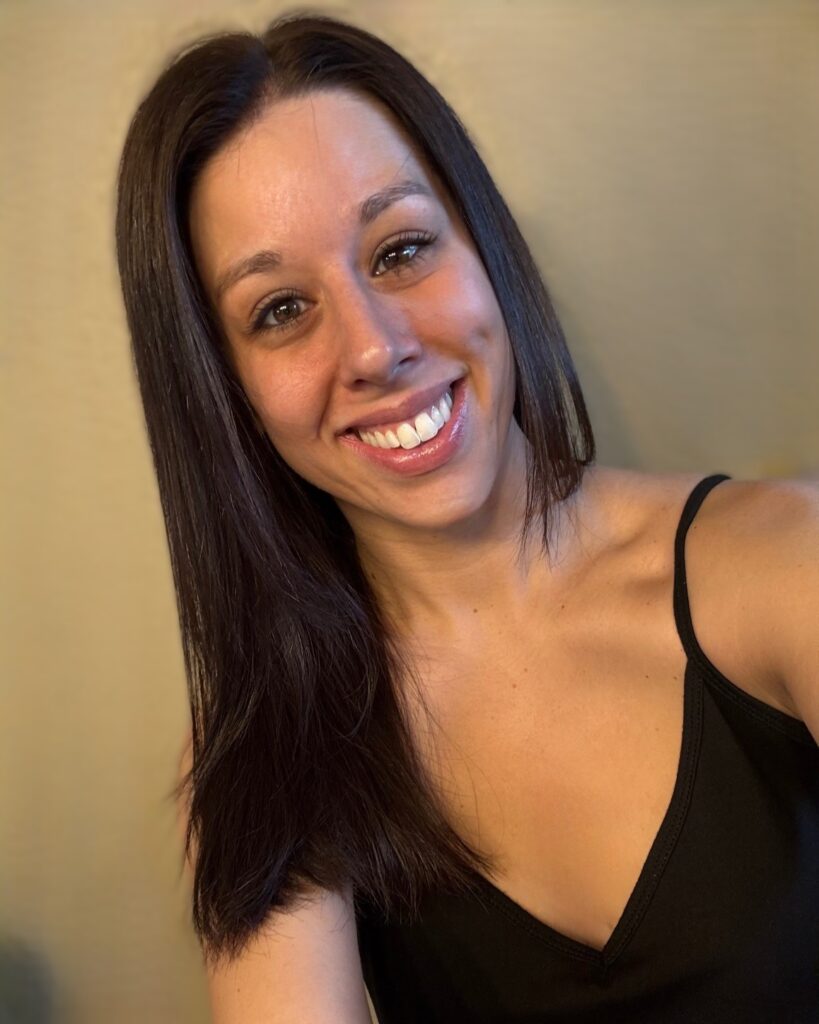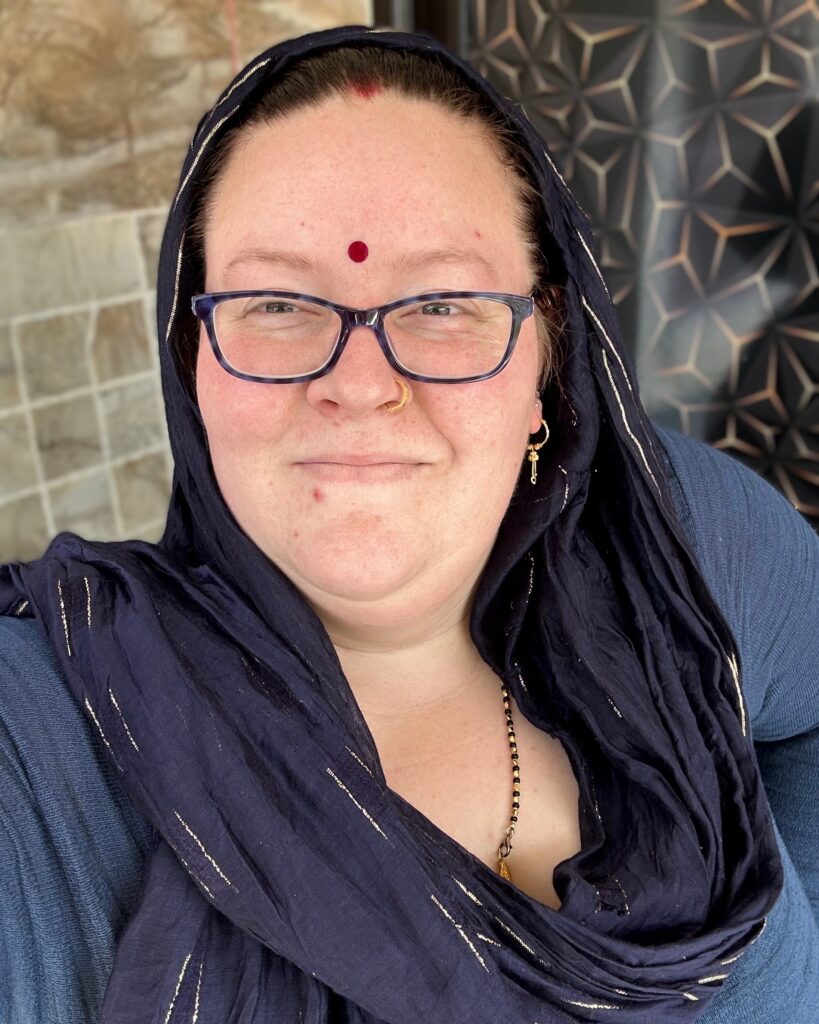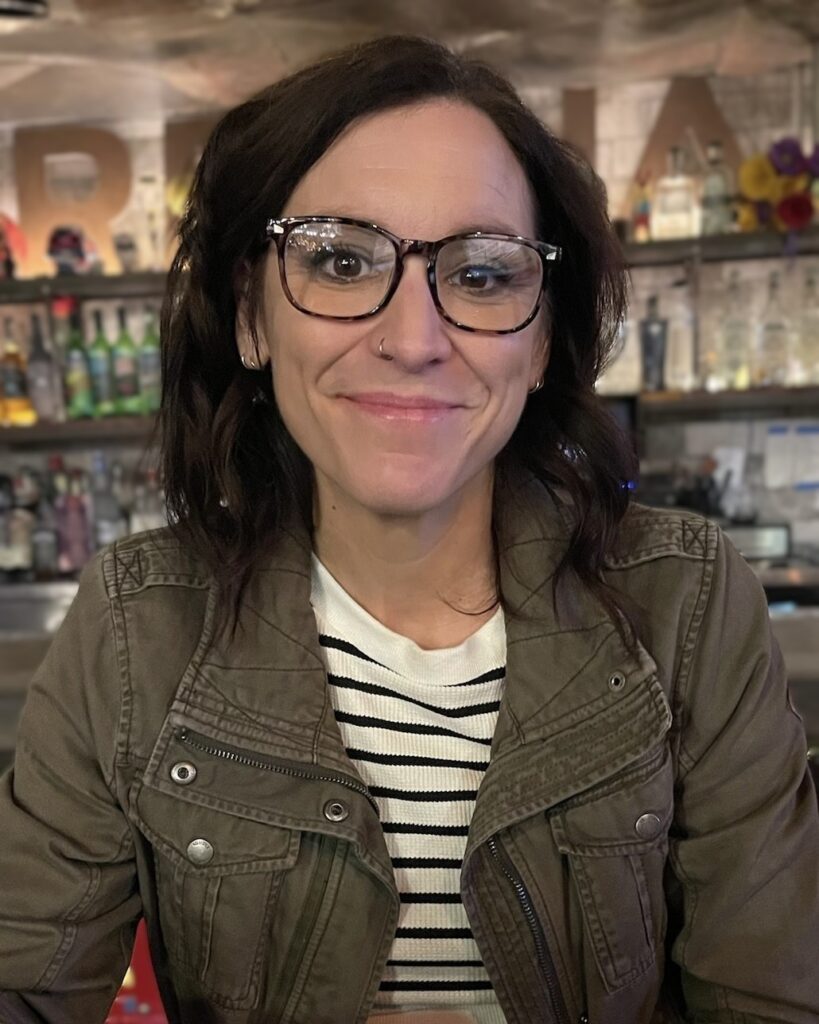Melissa Ostrom
Firmament, Engine Roar, Jewels
Melissa Ostrom
Firmament, Engine Roar, Jewels
I.
At the end of March, on the morning of Alice Hood’s departure, the temperature at the Greater Rochester International Airport stood at thirty-one degrees, thirty-five degrees cooler than the month’s peak recorded temperature on the northern tip of the Antarctic Peninsula. Alice did the math after reading the National Geographic article while waiting by the gate with her carry-on between her feet. The faraway temperature, an aberration that was losing its aberrancy, contributed to the conclusion Alice regularly woke to and lugged around throughout the day: Something is very wrong.
II.
Her seat permitted a view, and during the first minutes of her flight, she took a few pictures of the receding city. Sunlight silvered the naked canopies of trees, and the Genesee River, its course a stark contrast to the orderly placement of skyscrapers and streets, glinted like a snake let loose in a classroom, winding between tidy rows of desks. After landing in New York, she’d send the photos to Tanner and the kids—her family, whom she wouldn’t have left if she didn’t have to. If something weren’t very wrong.
Alice rested her forehead on the window. The glass vibrated with the violence of the engine. Her children were way, way, way down there.
It was hard to say goodbye to them, not only before this trip, but lately, before every occasion: school, music lessons, gymnastics, birthday parties, playdates. The world was safeless.
But on Thursday night, her friend Laura had called to say, “I need to see you.”
Alice had understood what Laura was really saying. And Alice had agreed. She needed to see Laura, the friend of her childhood. Before her friend was no longer there to see.
How was that possible? That did not seem possible.
Alice’s exhalation misted the glass, adding a fog to the clouds.
The flight attendant asked a question. She stood three rows ahead, her scarf knotted at a jaunty angle, and handed a passenger a water bottle, napkin, and package of cookies, all three diminutive.
Alice thought about her sons, toiling at their wooden kitchenette with its dry sink, cold oven, plastic grapes, eggs, cheese. They’d like this noisy cabin and the snack-time, especially. It would feel like playing.
The plane veered out of the clouds.
The landscape below was diminutive, too.
III.
Mesenchymal Chondrosarcoma, Mesenchymal Chondrosarcoma, Mesenchymal Chondrosarcoma. Alice had memorized the words at the beginning of February, as soon as her friend had told her the diagnosis. She’d looked up the cancer online and read about it. Then, acting on an English-teacher instinct, she’d scanned the term, noting its rhythm and where the meter hiccupped with an unstressed trill of beats.
Every day since receiving the news, Alice had repeated the name of the cancer. An unhelpful exercise. A lamentable litany. It had failed to make the fact of the condition comprehensible, absorbable, real.
Now, in the hospital room, it was real.
I should have come sooner, Alice thought, stricken.
“Remember the last time you were here?” Laura asked. She didn’t open her eyes, but her lips curled.
Alice tried to concentrate on that faint smile, almost the only feature she recognized as belonging to her friend, the person who once outran, outswam, outlaughed her. How can this be you? Alice wanted to ask, struggling to place the past Laura in this present version: monitored, tethered, patched, pierced, bruised. Wasted. Alice cleared her throat. “Six years ago. Before I got pregnant.” With Gabe, her first.
Laura’s fingers came up an inch, then returned to her chest, like her hand had taken over the difficulty of nodding. “Was it summer?”
“Spring. We ate at your favorite restaurant. It had that sign, something like, ‘Brunch without mimosas is just a sad, late breakfast.’”
“But you went with a Bloody Mary.”
“Two of them.” She wanted to take Laura’s hand. Would it bother her if she took her hand? She didn’t want to add to the pain. (Where does it hurt? she’d ask her boys whenever they came running and crying. They would present the injured spot, bring it to her lips for a kiss, even if they had to hobble about on one foot to raise the banged ankle, the brush-burned knee.)
Laura’s cancer was in the cartilage. It had spread quickly. Last week, Laura had said on the phone, “Sometimes I hurt everywhere.” Now her face was registering that pain.
Alice swallowed. “What can I get for you, Laura?”
“I just have to…” Her hand shook. She patted around for the intravenous infusion pump control and pressed a button. “Rest a while.”
“Oh! Of—of course. I’ll be right here. You rest.” She pressed her lips together, ironed out their tremble, and willed the morphine to work quickly, to ease her friend and accomplish what Alice couldn’t.
IV.
The return flight to Rochester was delayed. Night had fallen by the time Alice boarded.
The man next to her tucked his coat over him like a blanket and closed his eyes. He was asleep before the plane took off.
The light was gentle and warm in the cabin; the engine, loud like an ocean. Alice watched the twinkling city retreat as the plane ascended. She would see this place again soon, for an even sadder occasion.
Unless something stopped her. Which was possible. She could die first. Now—by pilot error, mechanical failure, sabotage, storm. Or next week—from a stabbing, fire, bomb, or flu. At any moment—by heart failure, stroke, choking, fall. So many ways to get hurt, so many possibilities with the same result.
Across the distant city, the lights looked like strings of diamonds and topaz set in silver, a silver tarnished beyond the hope of a shine, but beautiful still. Yes, from up here, the world was beautiful. Not a hurt in sight. Nothing sick. Nothing wrong.
Melissa Ostrom is the author of The Beloved Wild (Feiwel & Friends, 2018), a Junior Library Guild book and an Amelia Bloomer Award selection, and Unleaving (Feiwel & Friends, 2019). Her stories have appeared in many journals and have been selected for Best Small Fictions 2019 and 2021, Best Microfiction 2020 and 2021, and Wigleaf Top 50 2022. She lives with her husband, children, and dog Mocha in Holley, New York. Learn more at www.melissaostrom.com or find her on Twitter @melostrom.




